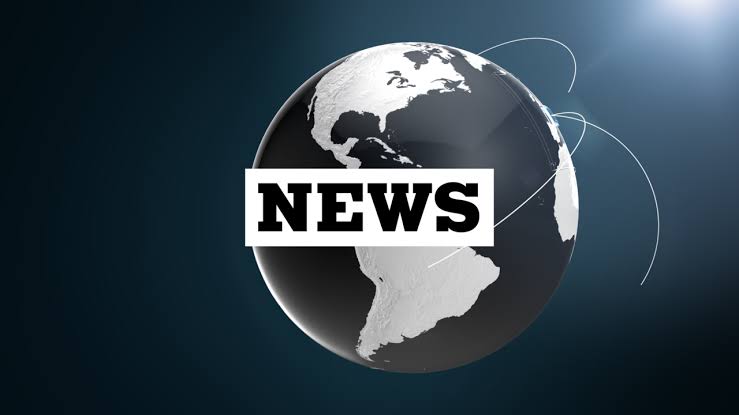Amid the dwindling donor funding, the World Health Organization (WHO) Africa Region has called on African countries to rise and take responsibility for their healthcare systems and ensure increased investment.
Speaking during his first official visit to Nigeria, WHO Acting Regional Director, Dr Chikwe Ihekweazu, noted that global economic challenges have made donor funding less reliable, making it necessary for African countries to rethink their healthcare financing strategies.
Ihekweazu stated that while Africa faces major healthcare challenges, including workforce shortages, inadequate infrastructure, and financial constraints, the continent has enormous potential.
“Through every crisis, there are opportunities. Many donors are facing financial constraints, and this is an opportunity for African countries to take more responsibility for the health of their people. WHO, as a member-state organisation, is best placed to support this progress,” he said.
The Regional Director urged governments to prioritise health sector investments to integrate more healthcare workers into the system.
“We have a young, vibrant population. The challenge is how the public sector absorbs many of the healthcare workers being produced to serve our people, and countries, and that’s exactly where WHO helps.”
Ihekweazu noted that Nigeria, as WHO’s largest country programme in Africa, plays a critical role in shaping health interventions on the continent.
“Nigeria is our biggest country office; it’s our biggest programme on the continent, it is appropriate for me to come to Nigeria in my second week of office to understand in much more detail the great work our team is doing in support of the Federal Government,” he said.
Ihekweazu commended Nigeria’s Minister of Health for pushing the boundaries, taking ownership and responsibility for a lot of the important health challenges and opportunities in the country.”
He emphasised WHO’s commitment to helping African countries strengthen their disease surveillance and emergency response capabilities.
Ihekweazu observed that the recent measles outbreak in the United States serves as a reminder of the interconnected nature of global health. “The measles outbreak in the U.S. shows that infectious diseases do not respect borders. This is why we need a strong WHO that fosters global collaboration to prevent, detect, and respond to health threats anywhere in the world,” he said.
While Nigeria successfully eliminated wild poliovirus in 2020, Ihekweazu acknowledged the challenge posed by variant two polio remains in circulation in some northern states.
“Polio has been a challenge for us in Nigeria. We worked hard over the years to eliminate the wild poliovirus, and we are proud of the progress we made. Today, we still have variant two polio circulating in the northwest,” he added.
He called for stronger partnerships between African governments, international organisations, and local health institutions to build resilient health systems.
“Africa has the expertise, people, and potential to strengthen its health sector. This is the moment for every country to take ownership and invest in their healthcare systems.”
SOURCE: GUARDIAN NEWSPAPER


